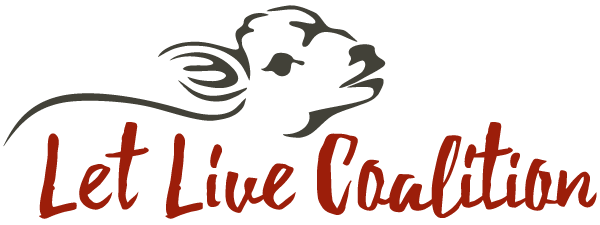Claims & Responses
Meredith's book on the ethics of meat IGNORES the ethics of meat.
Regarding the question of whether it is ethical to consume animals when doing so is not necessary to our survival, she says:
“I’m not interested in having that moral conversation… Most of us do eat meat, so let’s have a new conversation about how we do that.”
Except, that is not how ethics works. An act is not ethical simply because we wish it to be so, or because “most people” do it, or because calling it that sells books.
Ethics by definition pertains to the rightness and wrongness of actions, and to the fairness or unfairness of the motives and ends. Defining something as ethical therefore necessarily involves an analysis of whether it is fair, an accounting of who and what is harmed by it, and whether this harm is necessary and justified.
So that any claims to “ethical meat,” and certainly any book calling itself a guide to such, must include a determination of whether and when it is ethical to kill animals for food in the first place.
"Ethical" meat proponents claim "factory farming is the real enemy."
By participating in and promoting the unnecessary use and killing of animals, “ethical meat” proponents reaffirm the same attitudes that allow and entrench factory farming. It is a grossly entitled and violent idea that animals are here for humans to use, abuse, and dispose of as we please. Animals have their own inherent worth distinct from their usefulness to us.
As such, both ideologically and economically, so-called "humane" farming at its core sanctions and perpetuates factory farming.
As historian James McWilliams has noted: "In all my thinking and writing about meat production, there's no point I believe more strongly than this one: As long as we eat meat, factory farms will be the dominant mode of production. In other words, as long as humans deem it culturally acceptable to consume animal flesh — that is, as long as eating meat is an act that's not considered taboo — factory farms will continue to proliferate. The reason for this strikes me as intuitive: An unfettered demand for meat, in conjunction with basic human choice, provides political, technological, and scientific incentives to produce meat as efficiently as possible."
Meredith Leigh says she is “choosing something higher” than veganism.
In her blog, she states that “Ethical meat… is based on the observation that at this point in our culture, the people who will have the greatest influence on the lives and deaths of animals are the people who eat meat, and not the people who don’t.”
This is like saying that child abusers are the ones who have the greatest influence over abused children, instead of the people who don’t abuse children (and the social workers and advocates who seek to assist them). To the extent that people choose to unnecessarily exploit and kill animals for food, they can be said to have more influence over the lives and deaths of animals than those who don’t kill or consume them to begin with, but as an assessment of greater or lesser harm, Leigh’s claim is skewed. It is those who abstain from animal consumption, and who advocate for animal-free alternatives, who cause less harm to animals.
“Ethical meat” caters to status quo attitudes and practices that will only continue to breed billions of animals into subjugation and slaughter. Veganism works for a world with less harm, not more, nor does it advocate, as "humane meat" does, for simply maintaining systems of violence that are unnecessary and easily replaceable.
Meredith Leigh says killing animals was “almost a business decision.”
Leigh was a vegan before she started Foothill Meats. In an interview, she says: “I was a plant person and totally fell in love with vegetable farming in 2002. I was a vegetarian, and then a vegan. We started Foothills Meats and I almost feel that it was a business decision to add meat. I wasn’t that into working with animals, but on the culinary side, I got excited about working with meat.”
For many people, forcing dogs and roosters to fight is also “a business decision.” But harming animals for entertainment is no more ethical than harming animals for culinary pleasure or taste preference. Any time you start defending the needless killing of animals as a business decision, it’s time to rethink your business. Harming and killing others for profit is not ethical or humane.
